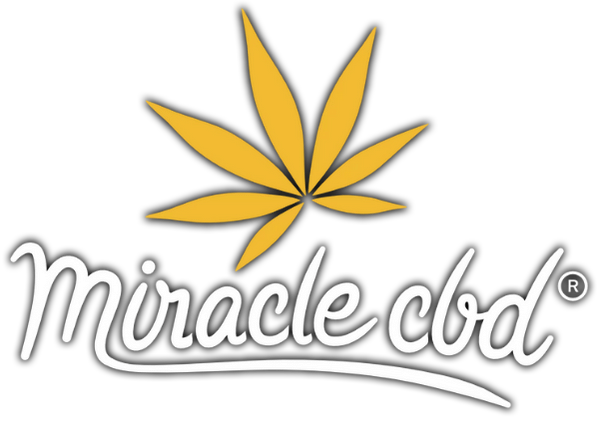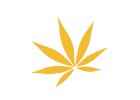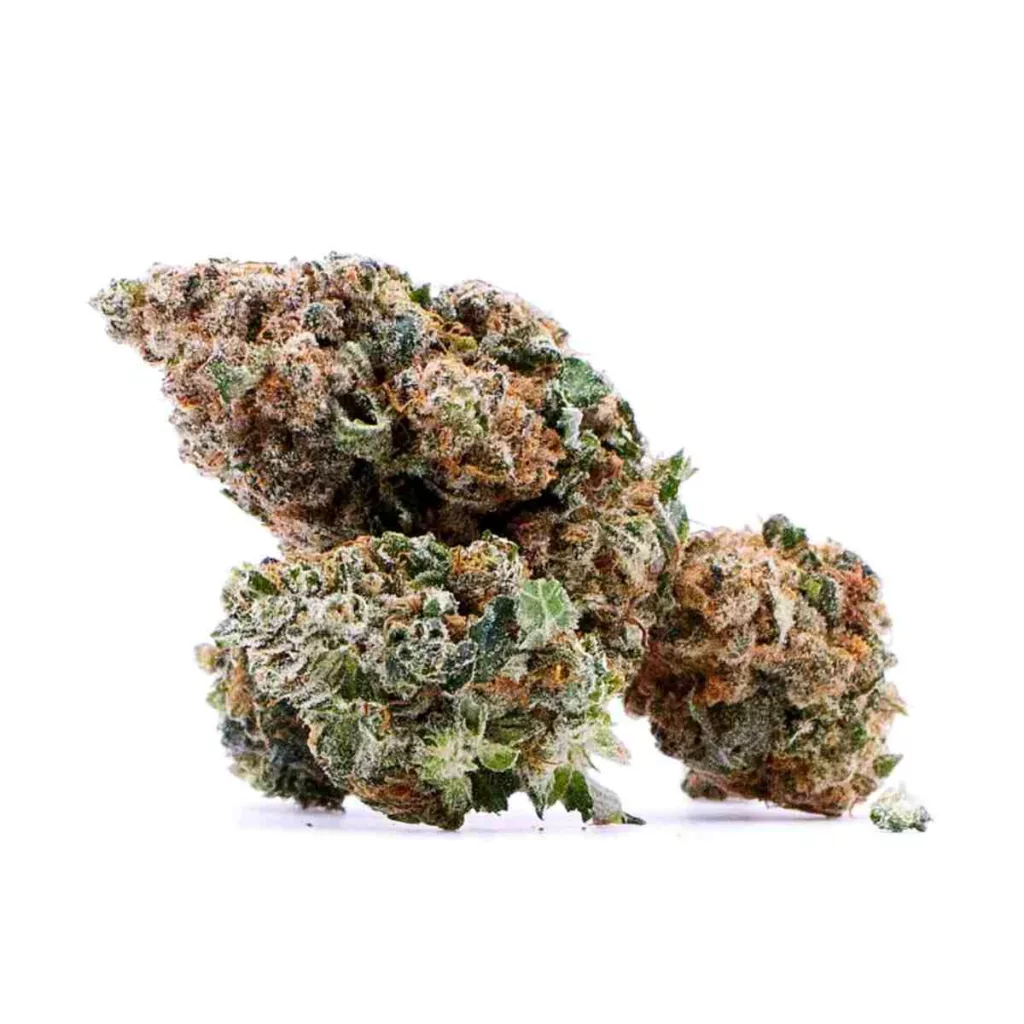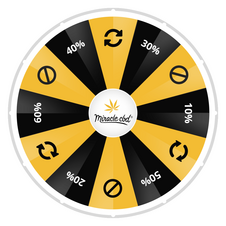Banning CBD? They are talking about June. Fiala and Bartoš are against it.
Ministry of Agriculture in press release stated that SZPI (State Agricultural and Food Inspection) is preparing to ban products with CBD cannabidiol and other hemp substances. Although the ministry did not say when the ban would come into effect, it issued a statement at the same time that CBD it will not be possible to resell the products.
For several years, debates have been going on about the possible legalization of THC, which could bring billions to the treasury. The limit of tetrahydrocannabinol (THC) in hemp products has recently been increased to 1%. Everything indicated that the hemp industry in the Czech Republic will rise again, because it has ideal conditions for this. Companies like ours have invested millions of crowns in this industry in good faith in order to bring people quality CBD products promoting good mental and physical health.
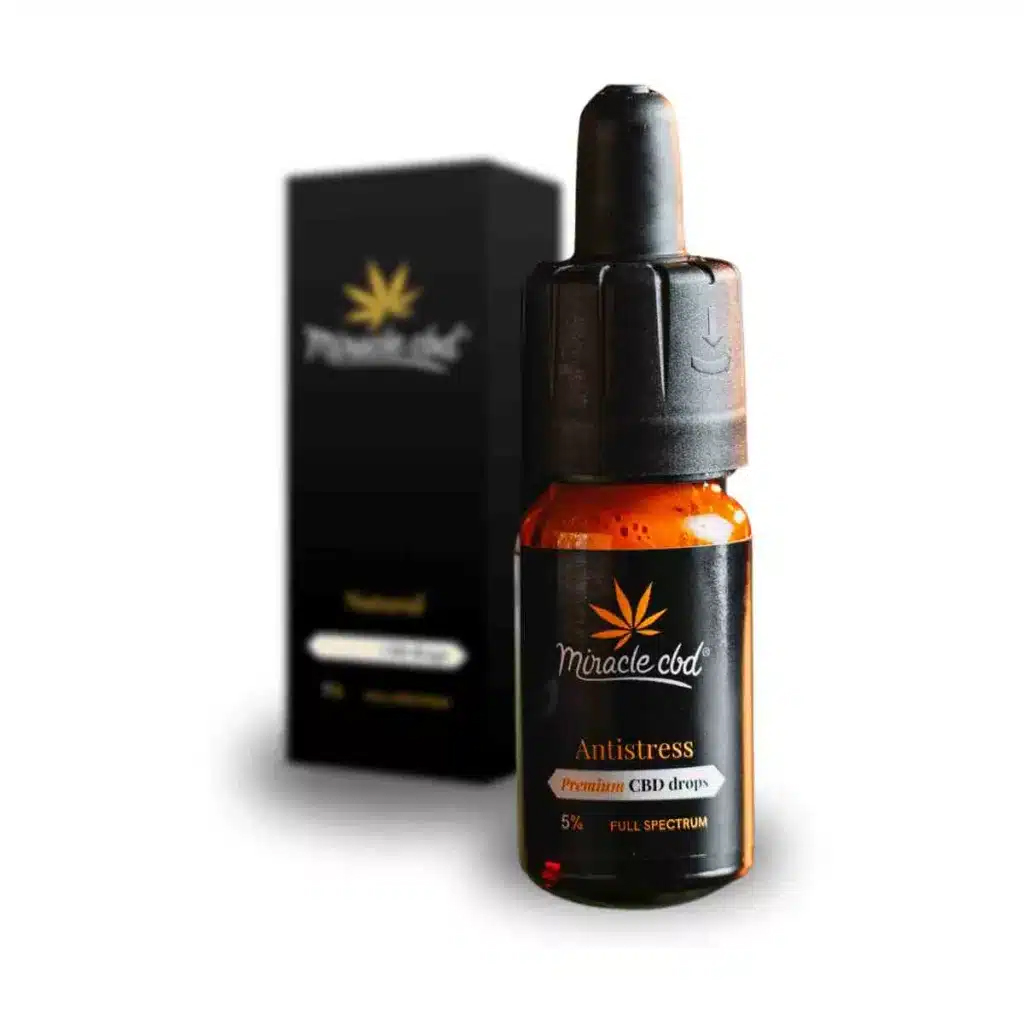
No CBD and HHC
However, in a short sequence of time, two reports came unexpectedly regarding the upcoming bans, which would cause another deficit in the state budget, even though the government's intention is quite the opposite. The news about the upcoming HHC ban, which is being prepared by the Ministry of Health, was the first to come out. The proposal to ban CBD by SZPI followed not long after and was fortunately immediately publicized. Many of you have probably noticed articles on this topic. Their headlines, and in some cases the content itself, were very often misleading, as SZPI attributed unlimited power to ban CBD cannabidiol per se.
Fortunately, this is not within the competence of the inspection or any other state body, because the European Court of Justice clearly decided on November 19, 2020 that CBD does not belong to addictive substances and found no reason to include it in the list of dangerous substances. Judgment in the case marked case number C-663/18 you will find <a href="https://cdn.shopify.com/s/files/1/1932/8043/files/Odstoupeni_od_smlouvy_EN.pdf?v=1595420299" data-gt-href-en="https://en.notsofunnyany.com/">HERE</a>. Therefore, even state institutions are not allowed to place CBD on the list of illegal substances. At least on the assumption that we really live in a democratic legal state, where the jurisprudence of the highest court must be respected. Therefore, the ban on CBD should only apply to food and dietary supplements with cannabidiol, which in our opinion is completely absurd and common sense stands above it.
According to SZPI, CBD products are classified as so-called "new" foods
What reason does SZPI and the Ministry of Agriculture argue? According to the EU regulation on novel foods, products containing CBD ranks among the so-called new foods. New because they were not consumed on a significant scale in the Member States before May 1997. They should therefore not be placed on the market until their safety and soundness have been checked by the European Food Safety Authority (EFSA).
In our opinion, this classification is completely irrelevant, because the processing, use, or other use of cannabis is as old as humanity itself, and it has never been any different in our territory. The difference, however, is that today these products are associated with the abbreviation CBD, which was not the case before. Cannabidiol is abundant in the natural form of the cannabis plant. Both in the plant and in the hemp seed, which has been commonly consumed and added to food for centuries. Use and traditional processing hemp with CBD content and other cannabinoids for the production of hemp oils and other medicinal products, which find wide application, dates back to long before the creation of the independent Czechoslovak state.
What side effects of CBD should we supposedly worry about?
For CBD cannabidiol, the European Food Safety Authority is said to have identified several areas that need to be investigated (the effect of CBD on the liver, the gastrointestinal tract, the endocrine system, the nervous system and on psychological functions) so that the consumption of this substance does not pose a safety risk to human health.
However, the identified risks relate to astronomical daily doses of CBD, which are in the order of thousands of mg per day! In this case, however, no one addresses the recommended daily intake of cannabidiol in the amount of just units of milligrams per day. Despite the fact that the vast majority CBD food and dietary supplements does not contain such a quantity of cannabidiol at all! They only range in the order of thousands per package high percentage CBD oils, whose recommended dosage ranges from a maximum of a few cannabis drops per day. It should be added that hundreds to thousands of DDD are strongly undesirable for the body in any type of food.
It can take years to review the safety of CBD oils and hemp foods!
According to the director of the inspection, Götzová, this is no problem. And the fact that someone borrowed millions and now his business will collapse due to an unfounded ban is his problem. One of her statements reads as follows:
"According to our experience, when additional data is requested in order to make a risk assessment, usually at least a three-year time series is required. This means that when EFSA asked for additional data last year, I assume that companies will collect data for another two years, and only then will the evaluation be reopened. So, purely theoretically, approximately within three to four years, it should be decided what quantity CBD is in food products suitable, if it is evaluated that it is suitable in food at all.'
Expert opinion on cannabinoid therapy
However, not only CBD sellers, but also many experts disagree with this statement. One of them is, for example, František Bednařík from the Cannasan research institute, who helps people practice cannabinoid treatment. He comments on the upcoming CBD ban as follows:
“There have been reports within the European Union that say all foods that contain CBD are so-called new-type foods. Roughly 500 scientific papers are published every week that examine cannabinoids and their effects. It concludes that CBD improves the quality of health.
In 2019, enormous pressure began to flow from the European Commission to eliminate the possibility of using cannabis, as the amount of some medicines is decreasing. The European Commission tried to vote that CBD is a psychotropic substance at the UN General Assembly in Vienna in January 2020, but it failed. Now after three years they have voted, despite all the scientific research, that CBD does help, but it is not known if it is a safe substance. They stopped registering the various combinations and formulations in which cannabinoids are found.”
According to Mr. Bednarik, what is the real reason for banning CBD?
"There is a clear economic intention. The European Commission is pushing for CBD to be eliminated because it says it is a substance that has a potentially dangerous effect. This is mainly due to the fact that the pharmaceutical lobby is pushing it into this." The national anti-drug coordinator Jindřich Vobořil sees it the same way, who also thinks that it is a powerful farm lobby. Although he has no evidence for this, he is convinced of it and we from Miracle CBD we see it exactly the same.
Prime Minister Petr Fiala is also against the CBD ban
He does not consider the ban to be a wise solution to the surrounding situation CBD sales in the country, not even Prime Minister Petr Fiala, who wants to meet the Minister of Agriculture in person and ask him for another, more viable solution.
"Proposal of the State Agricultural Inspection for a ban CBD extract I don't consider food to be happy, and this is also confirmed by the feedback I have from citizens and entrepreneurs," said Prime Minister Petr Fiala in a statement on Twitter in connection with the upcoming CBD ban.
National anti-drug coordinator Jindřich Vobořil talks to the prime minister about negotiations on cannabis products as follows:
"I discussed CBD with the Prime Minister a year ago and he himself said that he was surprised by how big an industry it is. As for the regulation of cannabis, including THC, he is convinced that it should be regulated by the market. We said that clearly. I am sure that colleagues from ODS do not want to liquidate the business like this. When a colleague from the government (Minister of Agriculture Zdeněk Nekula) surprises the Prime Minister by announcing that CBD will be banned in food within four weeks, his reaction is of course surprise, are we serious about this."
What does the national drug coordinator himself say about the ban on CBD?
The State Agricultural and Food Inspectorate claims that they are taking the same hard line against CBD everywhere in the EU. What does Mr. Vobořil say about that?
"They are not progressing. It is not true. It's just not true. Let them submit research, what kind legislative measures those countries did. I don't know of any blanket measures. I'm also talking to an international organization that represents CBD businesses across Europe, and I don't know of a single country taking similar type of action. These statements are obfuscation and not true. I don't know how else to say it. Perhaps I am speaking beyond the competence of my office, but I had no choice but to do my own research on the problem. I don't want to do their job in this for SZPI. They say the only solution is something no one in Europe is doing: take CBD foods off the market completely for four years and leave the gray area. It can not be done like this."
Pirate Ivan Bartoš is against the ban of CBD and HHC!
We also found support from the Pirates, who also find the whole thing pointless. Party leader Ivan Bartoš says they won't ban CBD either HHC Cannabis. Using common sense, he concluded that there is no reason to ban something that helps the roughly one million people who use cannabis products in the Czech Republic. He also has great understanding for entrepreneurs in the cannabis sector, who in good faith have invested significant sums in the development of their business and now it would be liquidating for them. A team of cannabis experts has reportedly already drawn up a plan to sensibly market CBD and HHC products to regulate so that there is only a shift to the black market, over which no one will have control.
Sign the petition to ban CBD sales!
If you too do not agree with the upcoming CBD ban, please sign the online petition to preserve the free sale of CBD. The petition against the ban is organized by the Czech Hemp Assembly, which unites Czech producers and sellers of cannabis. Together, they are going to submit possible solutions to this issue to state officials.
What do you think about the ban on CBD sales? Let us know your take in the comments below this post. Thank you!
